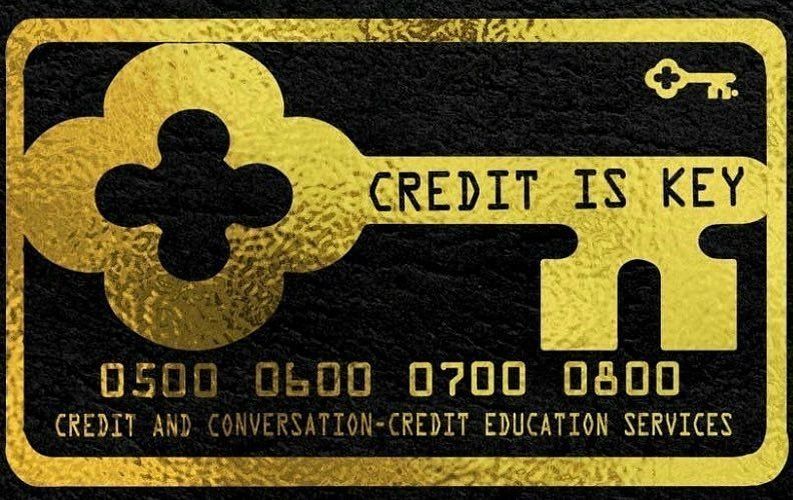Let’s talk about something that holds more power over your life than you may realize — your credit. Whether you're dreaming of owning a home, financing a car, starting a business, or simply lowering your insurance premiums, your credit score plays a crucial role in opening (or closing) those doors.
Credit is more than just a number — it’s a reflection of your financial habits and a tool that can either build your future or hold you back. Used wisely, credit is a key to opportunity. Misused, it can quickly become a burden. So how do we shift from confusion and fear to confidence and freedom? It starts with understanding what credit really is and why it matters.
Your credit tells a story — your financial story. Lenders, landlords, insurers, and even some employers use this story to determine whether you’re trustworthy and financially responsible. So, what does your story say about you?
A good credit score shows that you pay your bills on time, manage your debts, and can be trusted with financial responsibility. On the flip side, a low score can raise red flags and limit your options, even if you’ve made a few simple mistakes.
Here's why having good credit is a game-changer:
• Lower interest rates = More money saved
• Better approval odds = Access to homes, cars, loans, and credit cards
• Greater financial freedom = Flexibility in emergencies or unexpected expenses
• Increased trust = You’re seen as a responsible borrower
Empower yourself by recognizing that your credit score isn’t fixed — it’s a living, breathing number you have the power to grow.
When it comes to your credit score, one factor stands out above the rest: payment history.
This makes up 35% of your FICO® Score, making it the most significant piece of the puzzle. Why? Because lenders want to know one thing — Can they trust you to pay them back? If you’ve consistently paid your credit cards, loans, or bills on time, that’s a green flag. Missed payments, on the other hand, can cause serious damage.
Here’s the lesson: if you want to improve your credit, start by paying everything on time — every time.
Other Key Factors That Impact Your Score
While payment history is critical, it’s not the only thing that counts. Your credit score is made up of five main components:
1. Amounts Owed (30%) – How much debt you’re carrying compared to your credit limit.
2. Length of Credit History (15%) – The longer your credit accounts have been open, the better.
3. Credit Mix (10%) – A healthy blend of credit cards, auto loans, student loans, etc., shows you can handle different types of credit.
4. New Credit Inquiries (10%) – Too many recent applications can signal financial instability.
Understanding these elements helps you take control. Your credit isn't just about paying on time — it’s about managing your entire financial picture.
Credit is simply borrowing money with the promise to pay it back later, usually with interest. Whether you’re swiping your card for gas or financing a home, you’re using credit.
Here’s how to stay in control:
• Always pay at least the minimum due — but aim for the full balance to avoid interest.
• Watch your balances — high utilization can hurt your score.
• Avoid late payments at all costs.
• Remember: debit cards and prepaid cards won’t build your credit.
When used properly, credit gives you the flexibility to handle life’s curveballs and build a strong financial future.
Let’s break it down. Here’s what good credit unlocks for you:
Saves you money – With lower interest rates and better deals
Gives you access – To credit cards, home loans, and business funding
Provides financial security – When unexpected expenses hit
Empowers your goals – Whether it’s starting a business or buying your first home
Good credit is more than a convenience — it’s a foundation for financial success.
So, what is good credit? Typically, a FICO® Score of 670 or above is considered good — and it opens the door to a world of opportunity. But more important than the number is the knowledge and habits that get you there.
When you understand how credit works, how it’s calculated, and how to build it — you take control. You gain confidence. You become empowered to reach your goals and create the life you envision.
Your financial journey is yours to write. And it starts with credit.

